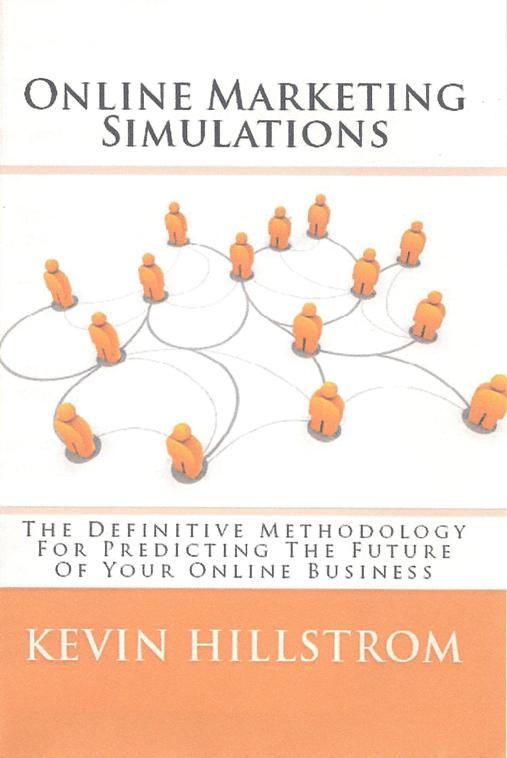Oh Oh, Multichannel Customers May Not Be So Great ... Or Plentiful?
Online, catalog and retail trade journals (as well as industry conference speakers, vendors, and assorted industry leaders) have been telling us for nearly a decade that we must be "multichannel" retailers, or risk extinction.
So the folks who chose to listen to this advice must be thrilled to learn that research from 1,090 survey respondents indicate that multichannel customers are not necessarily the most loyal or profitable customers. I found the article via the Shop.org Smartbrief, a free and interesting daily e-mail summarizing news in the online marketing world.
Wonderful!
And then Experian tells us that only 10% of customers are true multichannel customers.
Wonderful!
I've become Frustrated. Exasperated. Agitated. Irritated. Irked. Miffed. Why wasn't the research conducted prior to the series of decade-long lectures from industry leaders suggesting that we all "had to be multichannel"?
Labels: Experian, MarketingVox, Shop.org, Shop.org Smartbrief


